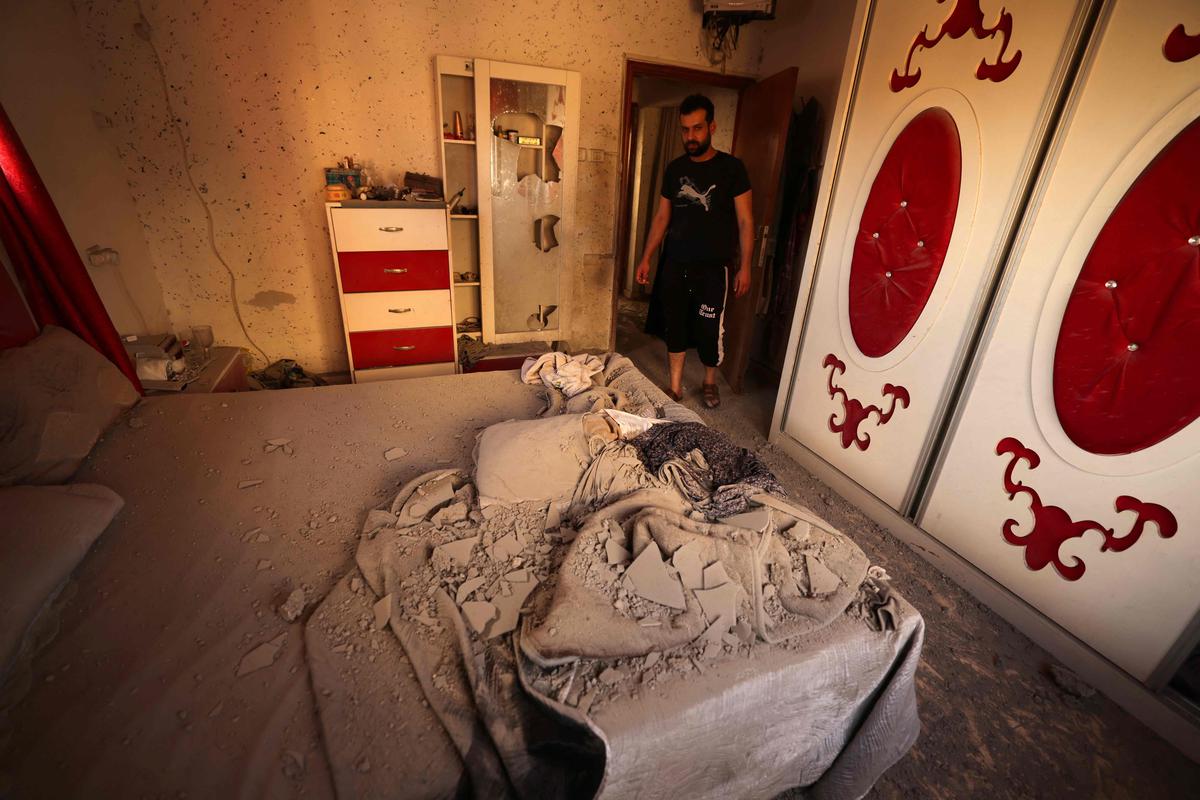
Hello, everyone! Anderson Cooper here, and today we’re delving into a situation that underscores the complexities and sensitivities of the ongoing conflict in the West Bank. It’s a story that highlights the ripple effects of security measures and their impact on a community. Let’s break it all down and understand the circumstances at hand.
A Region in Flux: Israeli Demolition Fuels Tensions
Imagine a quiet morning in the Askar refugee camp in the northern West Bank city of Nablus. But on a recent Tuesday, the tranquility was shattered as Israeli military forces entered the camp. Their mission? To demolish the apartment of Abdul Fattah Kharushah, an individual accused of being a member of the Hamas militant group. This act has triggered a wave of tensions in an already fragile region.
The Accusation: Connection to a Shooting Attack
At the heart of this situation lies a serious accusation. Kharushah is alleged to have carried out a deadly shooting attack earlier this year. In response, Israeli security forces took the step of demolishing his home. This tactic, aimed at deterring future attacks, is a practice that has been employed for decades and is surrounded by controversy.
The Controversial Practice: Collective Punishment
Israel’s strategy of demolishing the family homes of individuals accused of attacks has faced criticism from various quarters. Human rights groups and international bodies have labeled this practice as “collective punishment,” a term that’s considered prohibited under international law. The argument is that such actions impact not only the alleged assailant but also their families and the broader community.
A Debate on Efficacy: Deterring or Inflaming?
As with any security measure, there’s an ongoing debate about its effectiveness. While some argue that such actions act as a deterrent, dissuading potential attackers, others contend that they may actually exacerbate tensions and resentment, pushing individuals towards violence rather than preventing it.
The Larger Picture: A Deeply Divided Land
The situation in the West Bank is complex and fraught with historical and political intricacies. This incident serves as a microcosm of the broader dynamics at play. The pursuit of security, the quest for justice, and the desire for peace all intersect in a land that’s marked by division.
Conclusion
Ladies and gentlemen, the demolition of Abdul Fattah Kharushah’s home highlights the multifaceted nature of conflict and security measures. As we reflect on this incident, let’s remember that our world is interconnected, and the decisions made in one region can have far-reaching consequences. By seeking understanding and engaging in meaningful dialogue, we can hope to find pathways to a more peaceful coexistence.
This is Anderson Cooper, urging you to remain engaged and aware, for it’s through empathy and thoughtful consideration that we can work towards a world where conflicts are resolved through understanding rather than further division. Until next time, take care.









